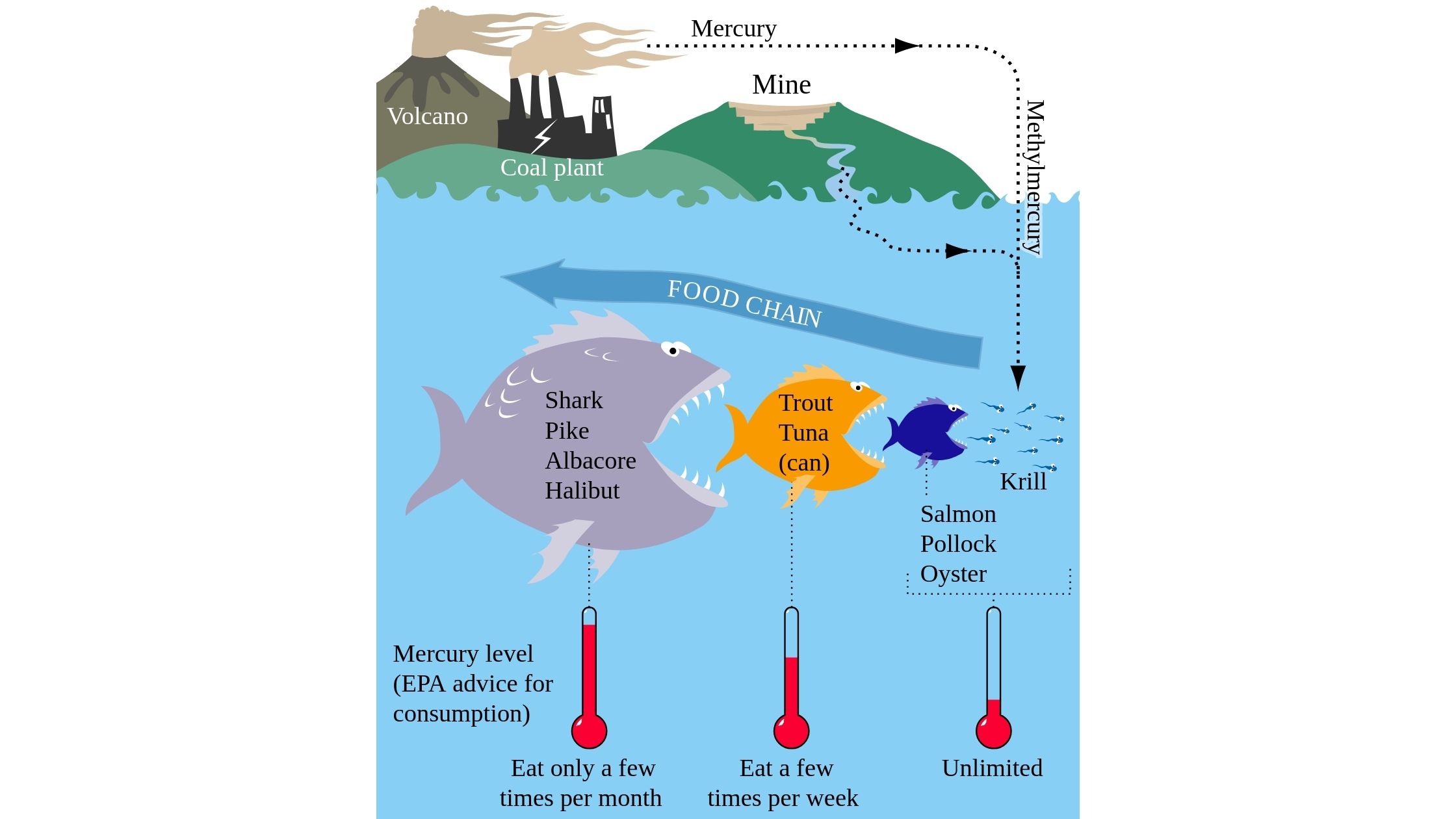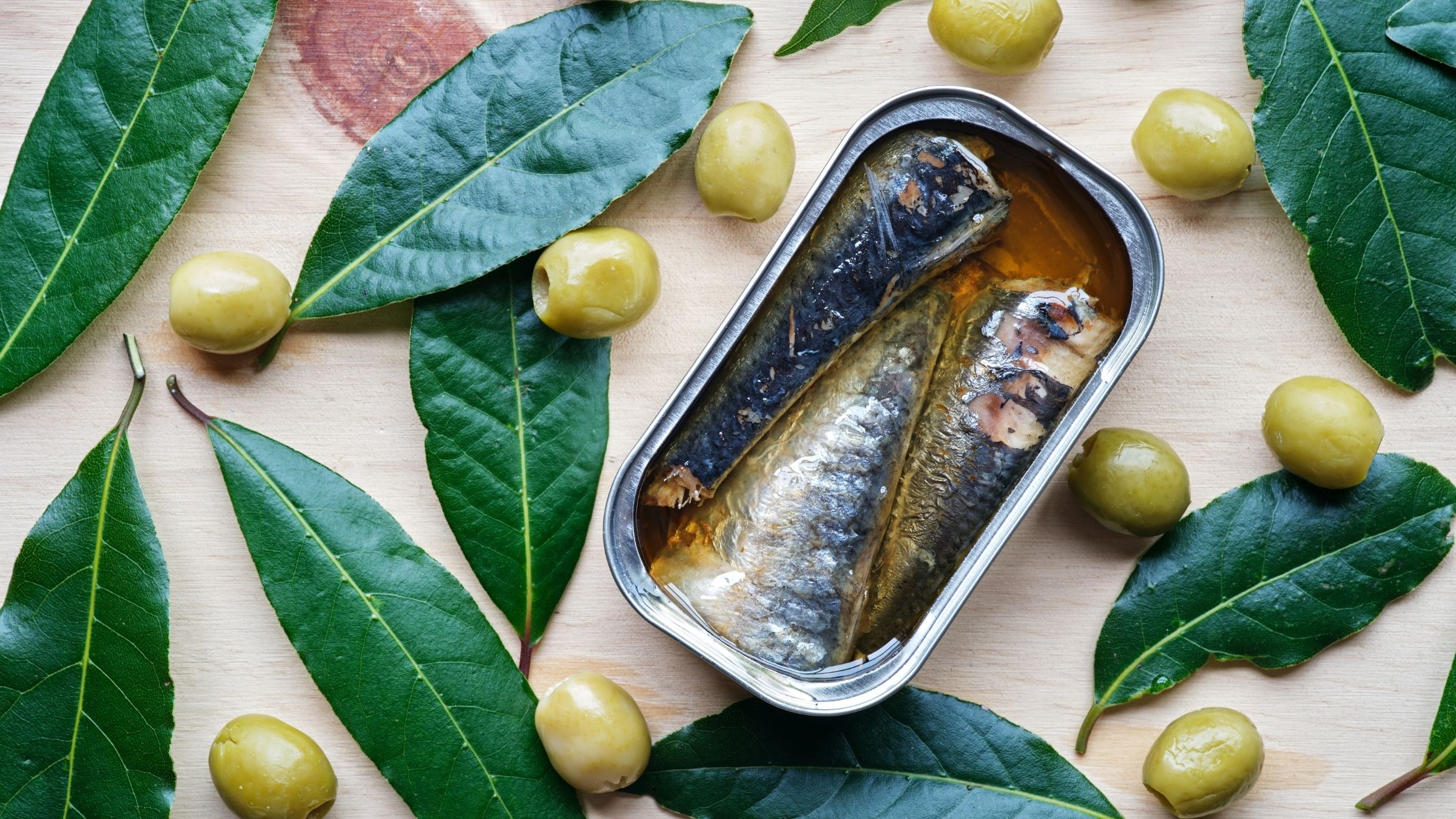Above Photo by Francesco Solfrini
Chances are, you’ve probably heard of the Blue Zones.
These are five regions (Sardinia, Italy; Okinawa, Japan; Nicoya, Costa Rica; Icaria, Greece; and Loma Linda, California where the Seventh-day Adventist community lives) where people live healthier and longer lives than anywhere else in the world.
People in the Blue Zones have a few things in common, such as:
- Prioritising family and relationships
- Engaging socially with people of all ages
- Having a sense of purpose and lower stress levels
- Not smoking (only a small proportion of them do
- Being physically active (with moderate, not strenuous activity)
- Living as isolated populations with a somewhat related gene pool
- Consuming foods considered to be part of the Mediterranean diet
The Mediterranean diet consists mostly of fruits, vegetables, whole grains, nuts, legumes, seeds, and spices.
Dairy products and wine are also consumed sporadically, while olive oil is used in abundance. Not surprisingly, many studies have shown that consuming olive oil is a factor in reducing all-cause mortality and the risk of chronic diseases.
People on the Mediterranean diet rarely eat meat (and when they do it they opt for lean meat), and consume seafood in abundance.
To give you a bit of context, this diet developed out of necessity in places like Greece, Italy, and Spain. In these countries, fish was more readily available than meat, and they used plant foods and legumes as their primary source of protein.
It was a “poor man’s diet” – Mediterranean people were not chasing the latest diet fad!
Now, a long history of scientific studies has confirmed the Mediterranean diet is the ultimate way of eating for health. So why should you look any further?
Lately, many people have tried to move away from a meat-based diet because they are concerned about animal welfare, or believe the meat industry is a contributing factor to climate change.
Some of them have become vegetarian or vegan, but have experienced the limitations brought about by these diets. They are also wondering whether they are getting enough protein, iron and calcium.
To address ethical and environmental concerns, as well as health issues, many people have considered the pescatarian diet.
What is the Pescatarian Diet?

Photo by Leonard Aldenhoff from Pexels
Pescatarian is the diet adopted by a “pescetarian” – the word is a portmanteau of the Italian word “pesce” (“fish“) and the English word “vegetarian”.
This diet is more flexible than the vegetarian and vegan diets, and includes fish and shellfish as its only source of animal protein.
This means beef, chicken, pork and lamb are out, and are replaced by fish, shrimp, clams, and lobster.
Pescetarians may choose to include eggs and dairy (in that case, it’s called a “lacto-ovo-pescatarian” diet), but still prioritise plant-based foods, such as vegetables, fruit, and whole grains.
In this article, however, we discuss a “pure” pescatarian diet, which excludes all meat, dairy and eggs
Why the Pescatarian Diet is good for you
In Australia, it’s easy to become pescetarian. Fresh seafood is readily available in most of the country and delicious recipes are easy to find.
What are the benefits of a pescatarian diet?
- Fish, like meat, is an excellent source of protein. Unlike red meat, it’s low in saturated fat and rich in healthy omega-3 fatty acids – we’ll discuss later why omega-3 are so good for you.
- Fish also contains Vitamins A (good for your skin and eyes), Vitamin D (to support immunity, bone health and hormonal function), Vitamins C and E (powerful antioxidants which boost your immune system and protect your skin).
- Fish contains several minerals: iodine (which supports your thyroid and women during pregnancy), selenium (antioxidant), iron (important to carry oxygen to the body’s tissues), calcium (critical for bone, muscle, hair and skin health) and zinc (a major player in fighting infections, hair loss, and skin conditions).
- Wild ocean fish contain higher levels of selenium than farmed fish. The selenium counteracts mercury absorption, piggy-backing it out of the body.
- Studies show that eating less red meat, or none, lowers your chances of getting heart disease and high blood pressure.
- Three servings of seafood a week may improve your heart’s health and lower cholesterol, saturated fats and sodium.
- Completely removing red meat from your diet may also lower your chances of getting cancer.
- One study shows that pescetarians live longer than people who follow a diet that includes red meat and poultry.
- A Pescatarian diet reduces inflammation.
- Improves brain health.
- Improves skin irritations and conditions.
- Promotes hair growth.
A pretty impressive list of benefits, isn’t it
What you should consider when trying the Pescatarian Diet
The most important thing to know when choosing the pescatarian lifestyle is that large fish contain higher levels of the toxic heavy metal mercury.

Bretwood Higman, Ground Truth Trekking., CC BY 3.0, via Wikimedia Commons
Fish at the “end of the food chain”, such as swordfish, shark, flake, king mackerel and tuna, absorb all the mercury from the water, algae and smaller fish they eat to sustain themselves.
Pregnant women are advised not to consume large fish for that reason. As an alternative, they can opt for small fish like anchovies, sardines, baby snapper, herring, wild salmon and lake trout.
The other aspects to consider are:
- Some people may not have access to fresh Australian fish, i.e. in some regional areas
- Seafood can be more expensive at certain times of the year e.g. Christmas
- Farmed fish can damage water ecosystems, introduce invasive species, use wild fish for feed, and cause overcrowding and diseases in fish
- Fish is lower in iron than red meat, however, you can increase your iron intake by eating plant-based foods such as tofu, lentils and spinach.

The healthy and sustainable Pescatarian way
If you want to do it right (by yourself and the planet), there are a couple of things to remember:
- Always choose wild over farmed fish
- Eat smaller fish as they have a minimal level of mercury
- Avoid fish that are caught with trawlers (they damage the marine ecosystem).
To make it easy for you, here is a recap of all the things you can eat on the pescatarian diet.
Seafood:
- Canned sardines
- Salmon
- Anchovies
- Herring
- Baby snapper
- Wild salmon
- Lake trout
- Prawns, shrimps
- Oysters
- Mussels
- Scallops
- Clams
- Crab
- Lobster
- Fresh or frozen fish.
Other foods:
- Fruits
- Vegetables
- Cereals and whole grains, including oats, bulgar wheat, amaranth, millet, quinoa, buckwheat, white, brown or wild rice, corn
- Legumes, including lentils, kidney beans, pinto beans, soybeans, chickpeas, cannellini beans, butter beans, red beans, black beans and peas
- Nuts and nut butter
- Seeds, including flaxseeds, hemp seeds, chia seeds, pumpkin seeds and sunflower seeds
What’s all the fuss about omega-3
The omega-3 fatty acids (DHA, EPA) in fatty fish like salmon and mackerel help lower the plaque that builds up in arteries, and with it, your odds of getting an irregular heartbeat (arrhythmia). Omega-3 acids also lower “bad” cholesterol and triglyceride levels in your blood, while increasing “healthy” cholesterol, another bonus for heart health. These healthy fats may even have a positive effect on blood pressure.
Omega-3 fatty acids are essential for cellular health and functions, enabling the nutrients and oxygen to get into the cell and toxins/waste to leave the cell. They are important for the membrane of each cell to facilitate these functions of transit in and out.
During pregnancy, they are required for foetal brain and nerve development as well as ongoing support for the mum.
They are key in reducing pain and inflammation, preventing cognitive and mood disorders, and minimizing cardiovascular risk and long term diseases.
Despite this, 80% of adults do not meet the recommended daily intake (RDI) of 500 mg of omega-3. Interestingly, even this modest RDI is difficult to achieve without supplementation; only 10% of adults successfully meet it through diet.
That’s why many people are resorting to fish oil as a valuable therapeutic source of omega-3
The new science on fish oil

Mounting evidence shows that fish oil improves health at all stages of life.
Fish oil’s anti-inflammatory benefits are well-established, with research supporting the use of fish oil in inflammatory conditions such as rheumatoid arthritis.
Emerging research has also uncovered novel benefits of fish oil, such as beneficial effects on our gut. Higher levels of omega-3 fatty acids in the blood are correlated with greater microbial diversity.
Another recent scientific study found that supplementing with omega-3 fatty acids in pregnancy lowers the risk of preterm birth by 42% before 34 weeks gestation.
Maternal fish oil supplementation may also reduce eczema and food allergy (such as peanut and egg allergies) in infants.
In older adults, fish oil improves mild cognitive impairment and also reduces beta-amyloid secretion, a key pathological process associated with Alzheimer’s disease.
EPA and DHA have a neuroprotective effect that enhances brain cell survival and helps people with mild memory impairment.
Last but not least, fish oil can regulate appetite and support weight loss, especially in overweight and obese people.
And if you’re wondering what’s the maximum amount of omega-3 you can take, the FDA states that up to 3000 mg of EPA and DHA a day are safe.
It is very important to note, however, that if you’re going to supplement, quality is paramount. You want high-quality, non-oxidised fish oil, ideally stored in a dark-coloured glass bottle that you can keep in the fridge. Fish oil reacts to heat and light and can turn rancid easily.
But why not give the pescatarian diet a try and reap the benefits of omega-3 fatty acids by consuming fresh seafood regularly?
Natural healthcare and the omega-3 index test.
Omega-3 are essential for reducing inflammation, and supporting cardiovascular health, mood, neurological health, pregnancy and cognition; but people who do not meet the recommended daily intake are at risk of significant future morbidity.
By using the omega-3 Index test, you can mitigate this risk by assessing and addressing your deficiency of EPA and DHA fatty acids.
Testing is especially useful when practitioners suspect their patients to be deficient at times of increased demand (e.g. during preconception, pregnancy and breastfeeding), and in children and the elderly.
It allows them to select the appropriate omega-3 dose depending on the degree of deficiency, and to monitor the patient’s response to the treatment.
It is a simple, non-invasive finger prick test, which can be performed at home or in the clinic.
This is how to eat healthily and be kind to the planet.

There you have it.
If you want to eat like the healthiest people in the world and be good to the planet, consider adopting the pescatarian diet.
If you…
- are concerned about animal welfare and the environment
- want a meat-free diet that is less restrictive than vegetarian and vegan regimes
- want a balanced diet with the right levels of nutrients
- seek to improve your health…
… then the pescatarian diet is for you.
Try it for 30 days.
Your body and your skin will thank you!
Resources:
1. Garcia-Larsen V, Ierodiakonou D, Jarrold K, Cunha S, Chivinge J, Robinson J, et al. Diet during pregnancy and infancy and risk of allergic or autoimmune disease: a systematic review and meta-analysis. PLoS medicine. 2018 Feb 28;15(2):e1002507. doi: 10.1371/journal.pmed.1002507.
2. Calder PC. Omega-3 fatty acids and inflammatory processes. Nutrients. 2010 Mar; 2(3):355-74. doi: 10.3390/nu2030355.
3. Kawakita E, Hashimoto M, Shido O. Docosahexaenoic acid promotes neurogenesis in vitro and in vivo. Neuroscience. 2006;139(3):991-7. doi: 10.1016/j.neuroscience. 2006.01.021.
4. MenniC,ZiererJ,PallisterT,JacksonMA,LongT,MohneyRP,etal.Omega-3fatty acids correlate with gut microbiome diversity and production of N- carbamylglutamate in middle aged and elderly women. Sci Rep. 2017 Sep 11;7(1): 11079. doi: 10.1038/s41598-017-10382-2.

